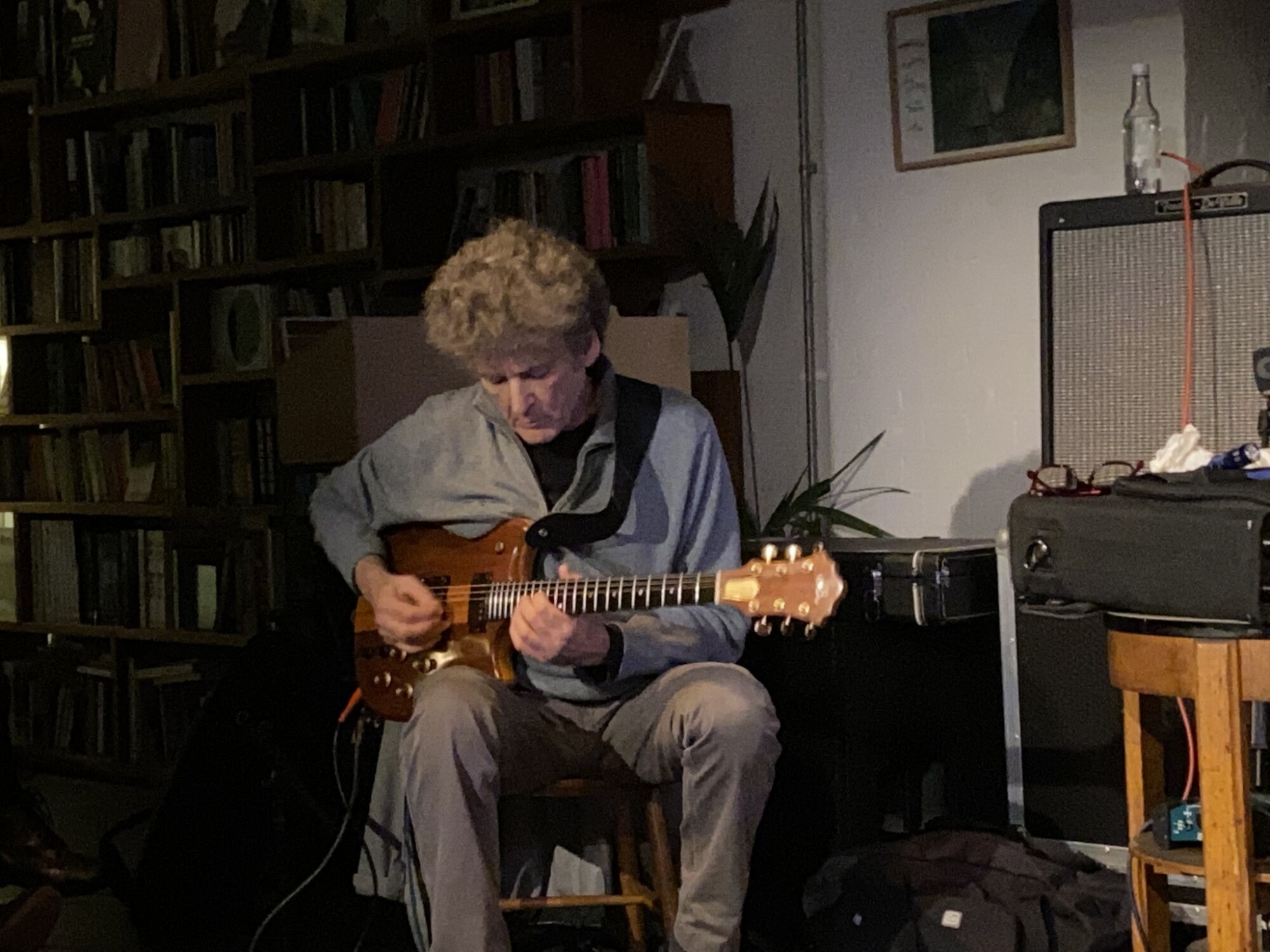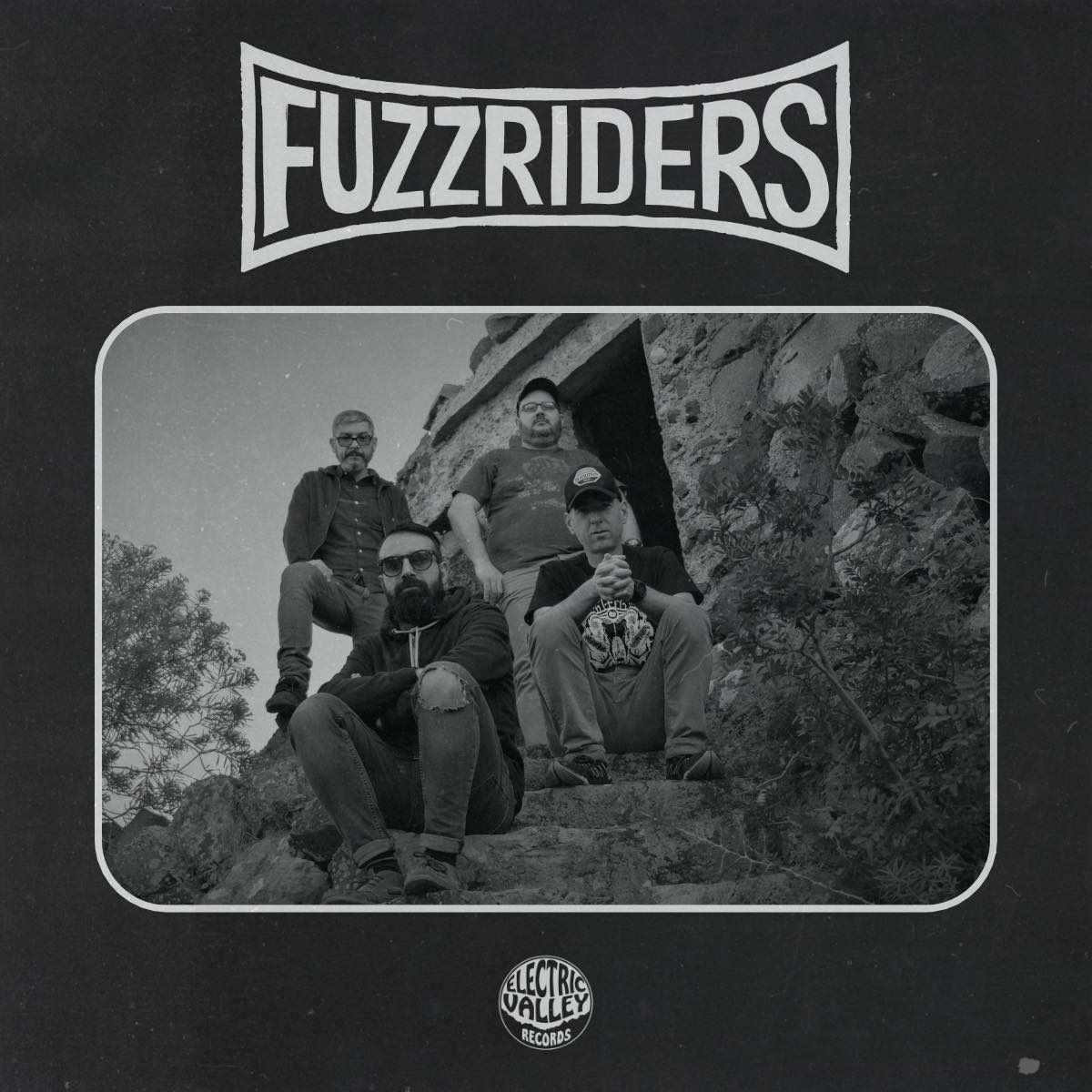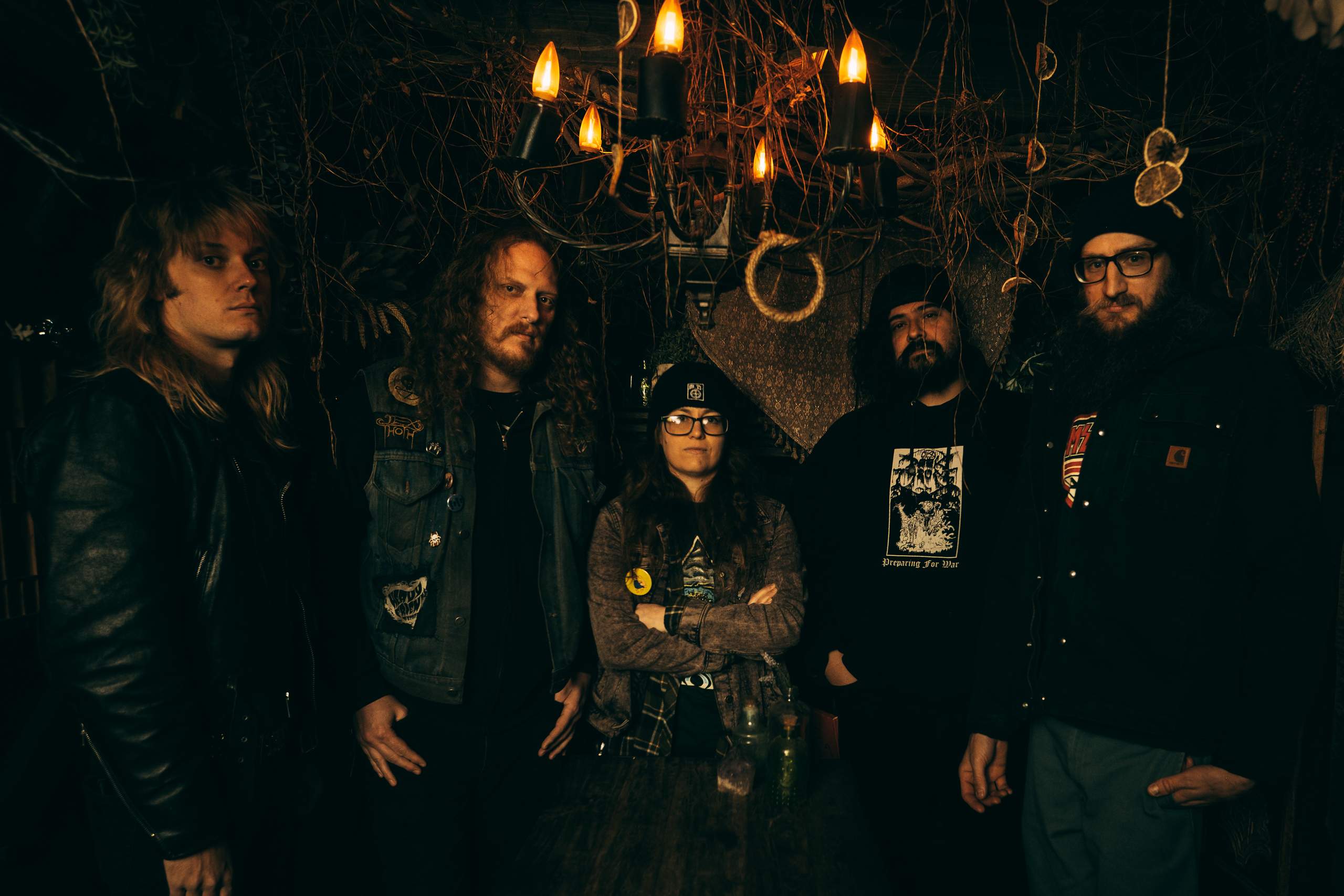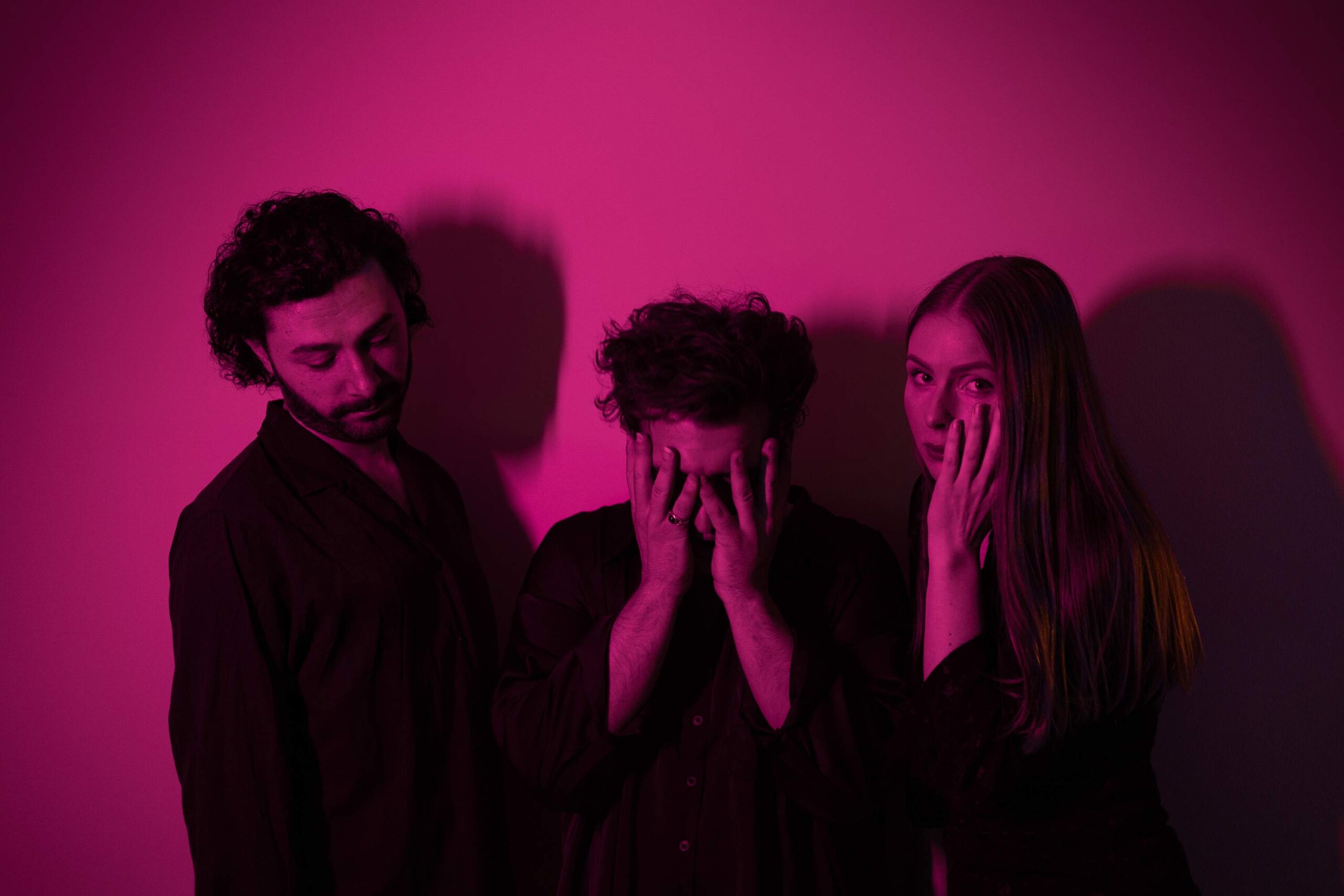Comets Ov Cupid: A Cosmic Dialogue with Richard Pinhas of Heldon
Richard Pinhas is a musician, philosopher, and visionary, best known as the founder of Heldon.
His blend of hypersonic guitar, electronic exploration, and deep intellectual curiosity crafted a unique, immersive sound. Pinhas’s work, from the expansive landscapes of Heldon to his solo ventures, pushes the boundaries of psychedelia, minimalism, and maximalism, forever influencing the genre.
Out Of Space Out Of Time | Comets Ov Cupid talks with Richard Pinhas
Dec 5, 2024: My name is Comets Ov Cupid. I’m traveling east on Interstate Highway 94—the ice-blasted corridor between Fargo, North Dakota, and Minneapolis, Minnesota. I-94 was a military defense project built as part of a post-Atomic American plan that allowed for easy access to the remotest northern regions of the U.S.A. This zone meets up with the Canadian border and is a hotbed for UFO, drone, and fallen angel phenomena. The northern region is covered with old nuclear missile silos and giant pyramidal radar systems, whose cyclopean architecture evokes a feeling of Lovecraftian dread.
Now, as of 9:00 AM Central Time, I have been traveling in a whiteout blizzard for two hours, slowly moving along this icy boreal highway, crowded with traffic that moves at a snail’s pace as whirlpools of ice and snow rip across the open plain. I struggle with vertigo as countless phases of whiteout come and go, trying to hypnotize me out of time or space. It’s a dangerous place to be, as each vehicle that travels this corridor acts as a potential fractal of chaos, leading to infinite potential doomsdays.
Meanwhile, ‘Winter Music,’ a new release by Richard Pinhas, drones and pulses on the radio as I navigate this near-zero visibility. This survival music of the new dromosphere maps out patterns and forms through pure, infinite, unstratified space. With the music, I regain my bearings. Soon, the phases are in alignment. I have an important meeting. Tomorrow, I will meet Richard for the first time via video call. The subject? Music, philosophy, AI, Philip K. Dick, hyper-fuzz guitar pedals, and echo—a spectral mission of music uncovered.
Dec. 6, 2024
Arrived intact yesterday. Snow has melted. Who is Richard Pinhas? Space rock guitarist, synth explorer, philosopher, time traveler—he has a Ph.D. from the Sorbonne in France and is friends with everyone from Philip K. Dick to Robert Fripp. As the founding member of the great French space rock band Heldon, Richard also has countless musical releases as a solo artist since the 1960s. He is a pioneer of hypersonic guitar, electronic music, and minimalist/maximalist composition. An impressive body of work.
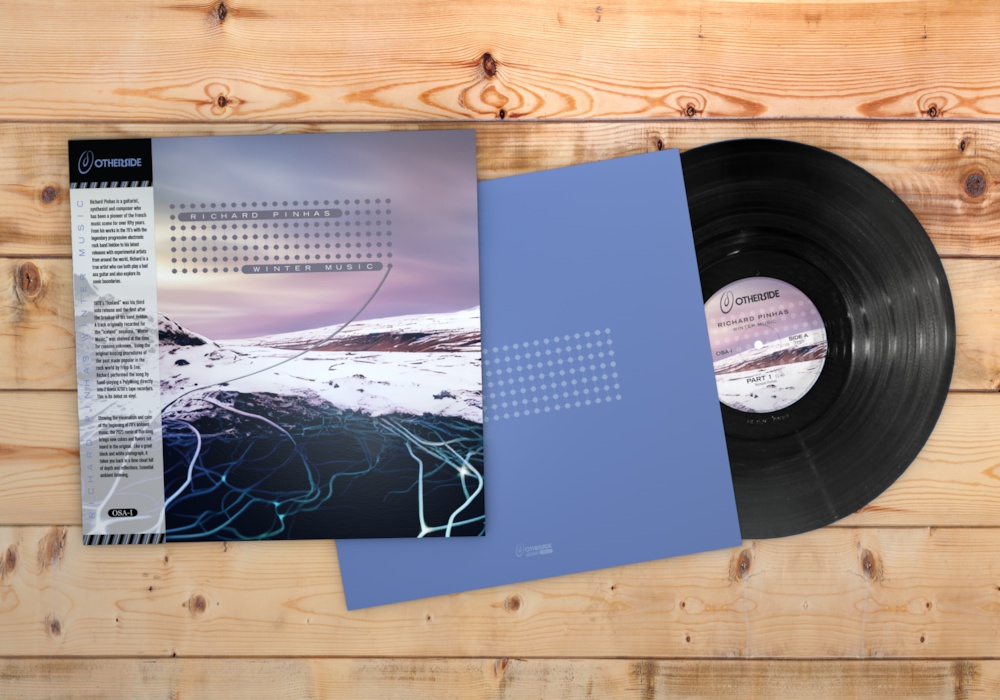
“A connection about time, repetition, duration”
The dial-up rings, and an image shakes into focus.
Richard Pinhas: Hello?
Comets: Hello! So nice… Let’s start by talking about the new albums!
RP: The new album is not yet done. (Laughs)
Comets: Let’s talk about the two newest releases: ‘Le Plan’ and ‘Winter Music.’ There’s an interesting dichotomy between the two. I understand that ‘Winter Music’ was recorded some time ago?
RP: Yes, this is its first vinyl release. Before, it had been on CD only and was recorded at the same time as ‘Iceland’ (1980). In a way, ‘Winter Music’ was an extension of that, and it fit the 20-minute limit for vinyl.
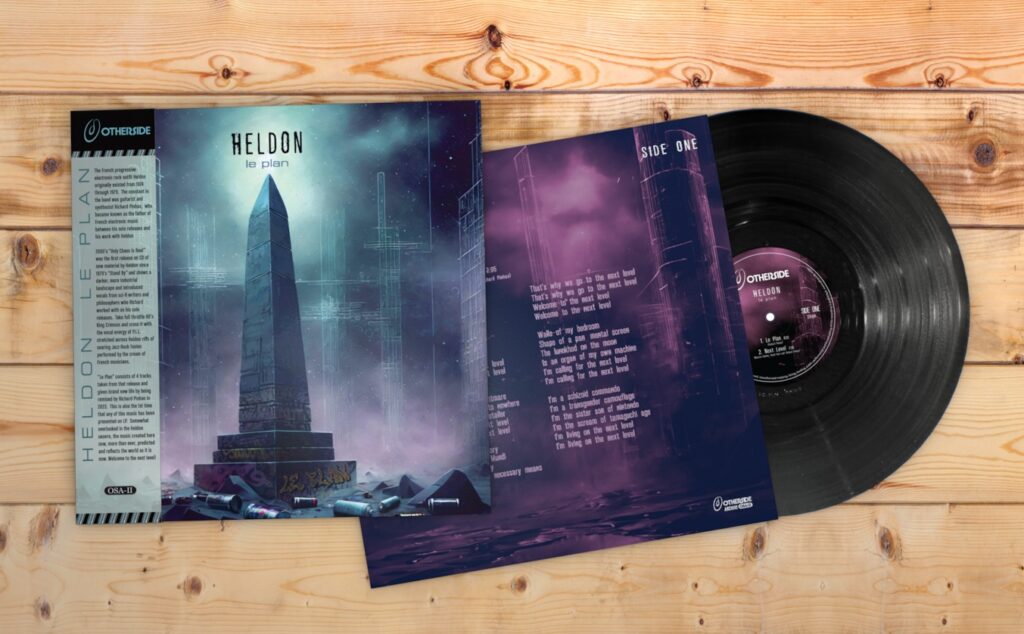
Comets: ‘Le Plan’ is interesting. It’s one of the few albums of yours that has a vocalist on it. What was the decision behind that?
RP: It was an error! (Laughs)
Comets: An error? (Laughs)
RP: I’m not keen on recording with vocalists. But on this one, it was okay.
Comets: The first instrumental track is really great. It really captures the same energy as your work on Heldon’s ‘Stand By.’ Great epic guitar!
RP: Yeah!
Comets: You switch between guitar and synth, almost like you combined Fripp and Eno into one voice. Do you consider yourself foremost a guitar player or synth player?
RP: A guitarist! Yes, and other than Heldon’s ‘Interface’ and ‘Stand By,’ I see very little connection in my approach (musically or spiritually) to Fripp or Eno.
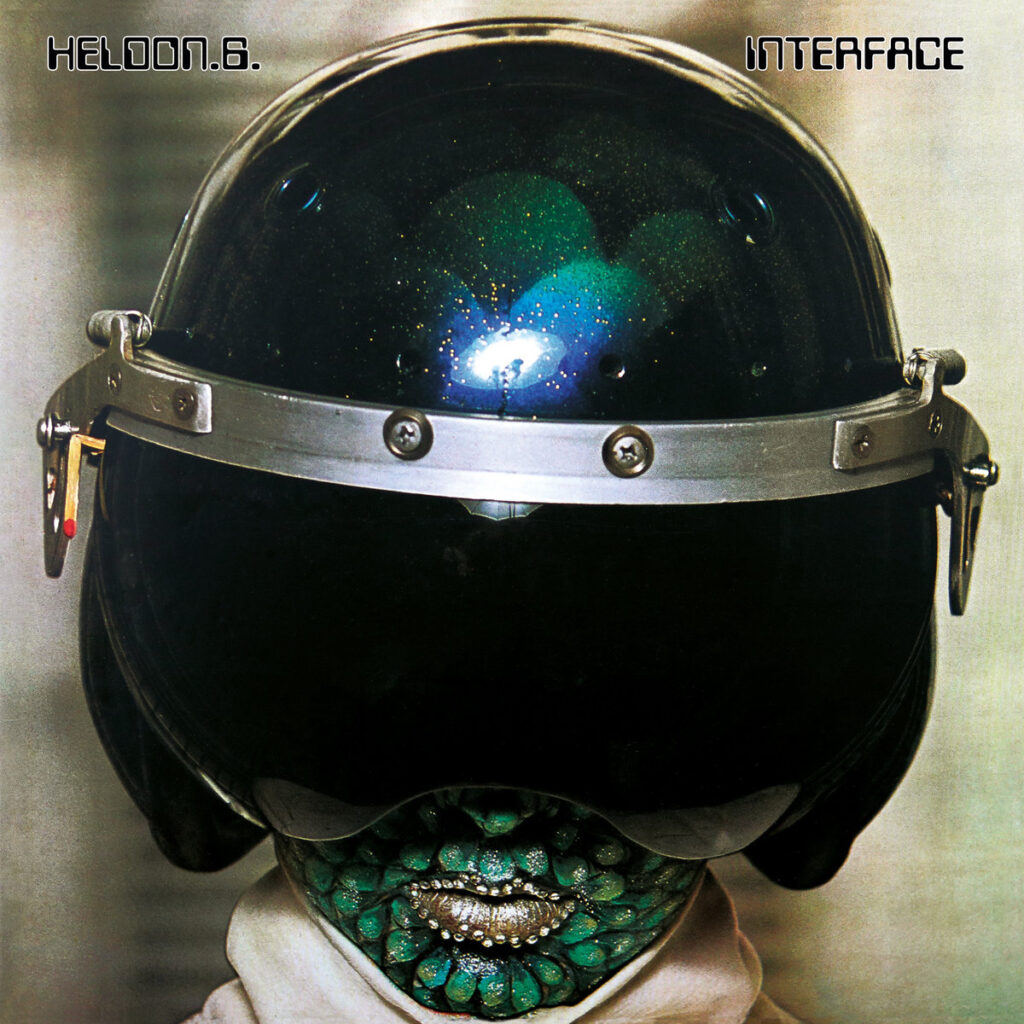
Comets: What was the inspiration behind those two albums?
RP: Studio time! (Laughs)
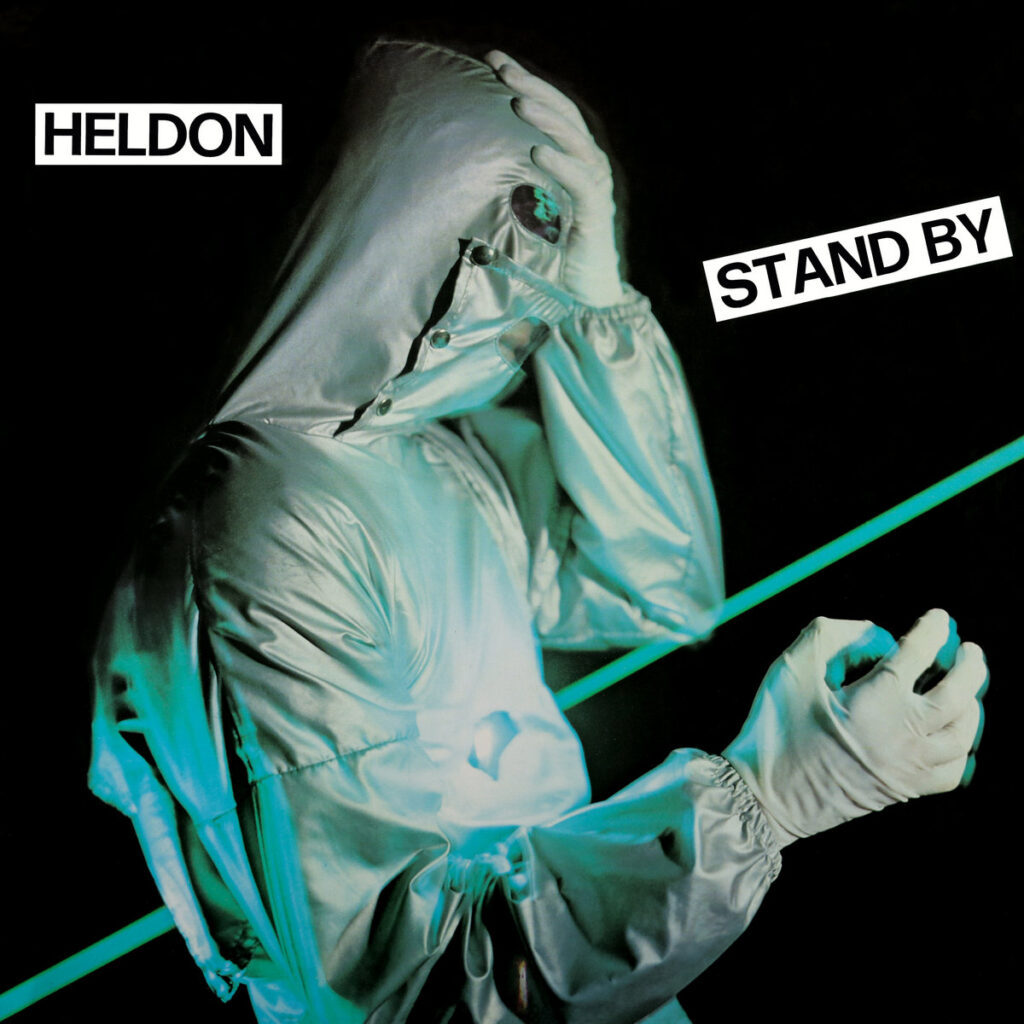
Comets: When did you start playing the guitar?
RP: At 12. Rock ‘n’ roll was the inspiration. British blues. I saw the Beatles and all those bands really early. The Kinks, The Who. But mainly guitarist Peter Green, you know. But for me, ultimately, the biggest inspiration on guitar was Jimi Hendrix. But that’s impossible to do. (Laughs)
Comets: You have the same sensibility as Hendrix. That wide-open sound. Feedback and sustain.
RP: I saw him live 6 or 7 times.
Comets: Wow, did you see him in Paris?
RP: I saw him in Paris first, and the last time was at Isle of Wight in 1970.
Comets: Your music, at the time you were first coming out, what was the intent? Your music was outside of the pop music paradigm.
RP: No, that was not the intent.
Comets: Was it more in line with classical music?
RP: At this time, I listen to more classical music than rock. Mainly Wagner and Bach.
Comets: Interesting.
RP: So where are you from?
Comets: North Dakota. In the middle of the cold barren plains. (Laughs) ‘Winter Music’ is a great soundtrack for here!
RP: Is it cold?
Comets: Oh yeah. (Laughs) I drove through a blizzard to get here!
RP: (Laughs)
Comets Ov Cupid: How do you see your music’s connection to Fripp and Eno?
RP: I saw them in 1975 in Paris, and it was very impressive to me. At this time, King Crimson would play in France very often. The first 10 minutes of their set was this same music, and it really impressed me… even in consciousness.
Comets: Yeah, in Heldon, it seems you all took this vocabulary and ran with it. Really explored it.
RP: Are you talking about the ‘Red’ era with Bruford?
Comets: Yeah, where they had the big sprawling soundscapes.
RP: I never saw the first 1969 version of the group. But all the other versions of the band, I was there to see them. Fripp invites me to come see them whenever I want to go. I just let him know I’ll be there.
Comets: So you know Fripp personally?
RP: Oh yeah, we are friends. Since 1974 in Paris.
Comets: So there’s a common language. Very cool. Were you playing in groups before Heldon?
RP: Oh yes, I played in bands before. I’ve played in bands since I was 17. The band before Heldon was called Schizo.
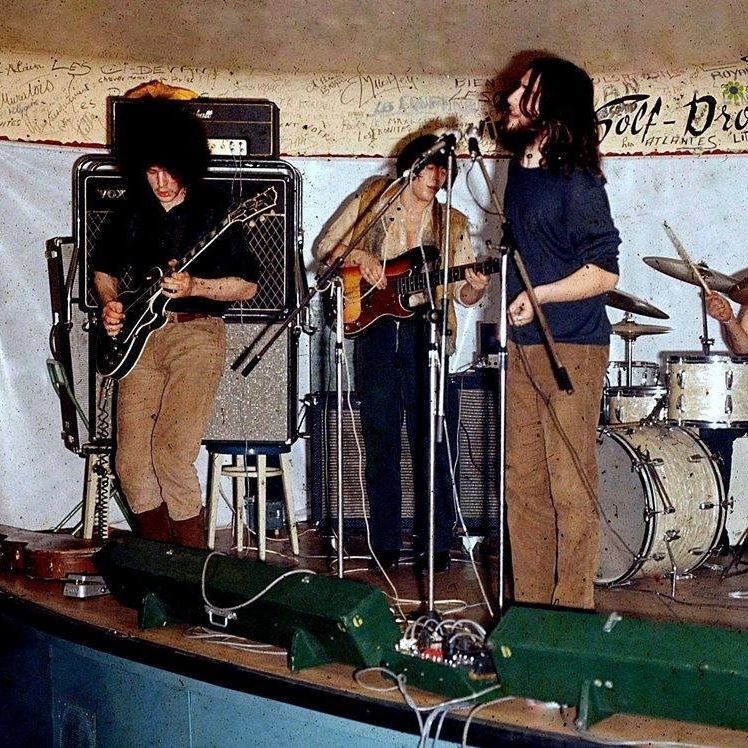
Comets: So how did you start Heldon?
RP: I started on 4 tracks until we got money for studio time.
Comets: So it started as home recordings, very cool. I read you were studying philosophy at the time?
RP: Yes, at the university. I have a Ph.D. in Philosophy.
Comets: Do you see a connection between your music and your work with philosophy?
RP: Yes, a connection about time, repetition, duration. The deep side of things. In music and philosophy, all concepts are the same. All my work in philosophy and music— the concepts are the same.
Comets: So you are really aiming to explore things like “deep time” or “spatial displacement”?
RP: I think that’s what my brain wanted. Time and repetition.
Comets: Your music has a real sense of topography.
RP: Yes, I initially did it on purpose because it felt to me like the best way. But then it became unconscious.
Comets: Were you self-taught as a guitarist?
RP: I took one lesson. That was it. At this time, there weren’t a lot of guitar stores. I started to play as a child, then at 17, I started to play on stage with other British blues bands, getting jobs playing on the French Riviera. Then at 21, I became really proficient.
Comets: Did you really dive into music theory?
RP: No, but I have a lot of theory in sociology and philosophy. (Laughs) But with music, I have quite a good ear. All guitarists play by ear. A lot of guitarists will learn to read music or write it because it’s a way to live in the industry today. But I don’t do it. I don’t care. I’m too old for this. (Laughs)
Comets: Your music has associations with science fiction as well.
RP: Yes, I was friends with Norman Spinrad (author of The Iron Dream) and Philip K. Dick. I spent two days with Philip K. Dick in Los Angeles, Orange County.
Comets: What was that like?
RP: Ah, it was strange, like he is.
Comets: He dealt with a lot of the same themes as you: deep time, repetition. You also dealt with Frank Herbert’s Dune.
RP: Yes, my solo album ‘Chronolyse’ is a Dune-inspired album. But now science fiction is the real world. It’s as crazy as anything you can find in Philip K. Dick—especially for America! (laughs)
Comets: What attracted you to playing the synthesizer?
RP: I got a very small and cheap one in England. It was an EMS, and then ARP. In 1976, I got a big Moog for a very low price. I changed modules, got better ones, and then it got bigger and bigger. I loved this!
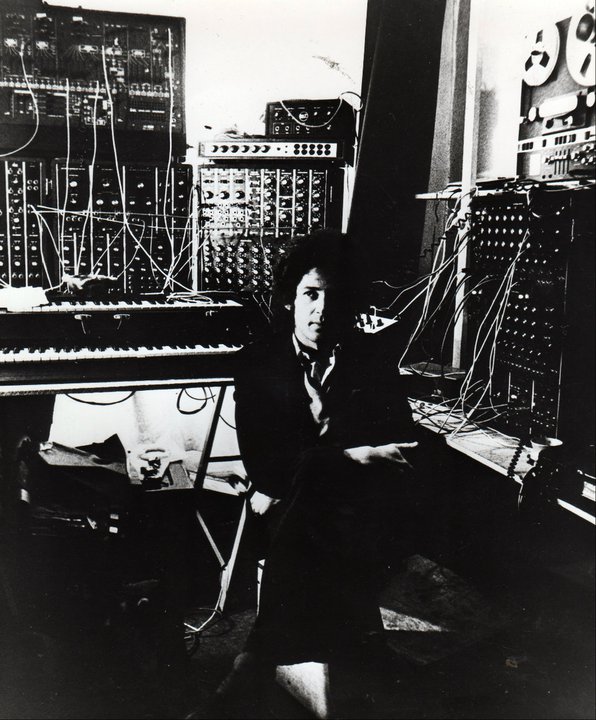
Comets: What were the challenges when you began working with it?
RP: I didn’t have challenges. I spent days and days with it. Nights and nights. Just working with it, and sometimes when it was good, I would put the Revox 2-track to record. I worked with two Revoxes—one for delay and the other for recording.
Comets: So it was part of Heldon’s sound right away.
RP: I didn’t yet know about the German bands like Tangerine Dream. I discovered them very late. I had some friends in the press who saw similarities. But as for Klaus Schulze, I didn’t know them and discovered them very late after I started playing synthesizer. I’ve met a lot of them, and they are friends.
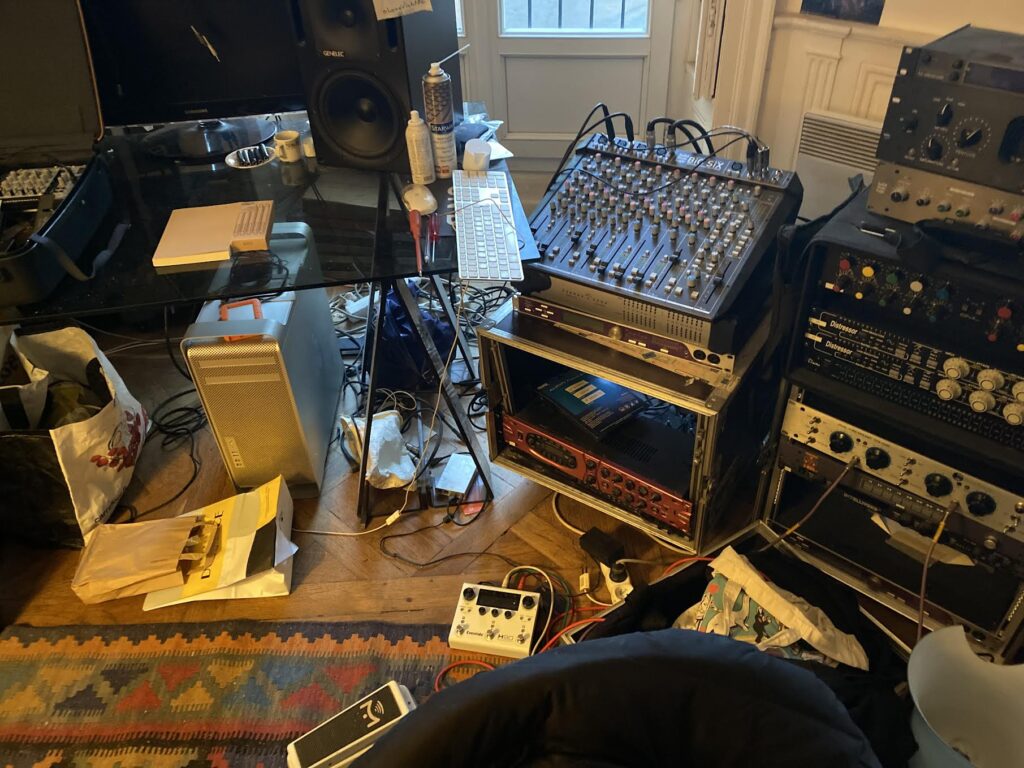
Comets: They definitely seem like kindred spirits. One of the characteristics of your music is that it is expressive. A lot of electronic music today seems very rigid and on a grid.
RP: Whenever friends make a special sequence for me, I say, “All the better that it’s not quantized.” You can never force it. Quantized machines solve all these problems. (laughs)
Comets: What do you think the future of electronic music will be?
RP: It’s finished. For me, its future is finished. To be honest, I tour in Japan. Just last time, I saw 25 synthesizer groups—maybe 2 had some music inside. But nothing seemed very new.
Comets: So you are recording now?
RP: Yes, I have to record one more. It’s going to be more just simple guitar and synthesizer. It’s what I do.
Comets: What’s your creative process like?
RP: You can play synthesizer without feeling. I don’t say I play it without feeling, but you don’t play guitar without feeling. So I start with the guitar and then play the synthesizer. Then the synthesizer is something alive for me. You have to work a lot to get your own sound, thought, and feeling. A lot of time was spent on the synth. It was my life. I was working in a studio, so when there were no sessions, I could play and mix what I wanted.
Comets: You have played with a diverse group of musicians over your career.
RP: They are all very good. These days, I don’t play with many French musicians, but I play a lot with Japanese musicians. The Japanese are really the most extreme musicians I know—people like Merzbow or Keiji Haino. People like that. We make a full crazy noisy band! (laughs)
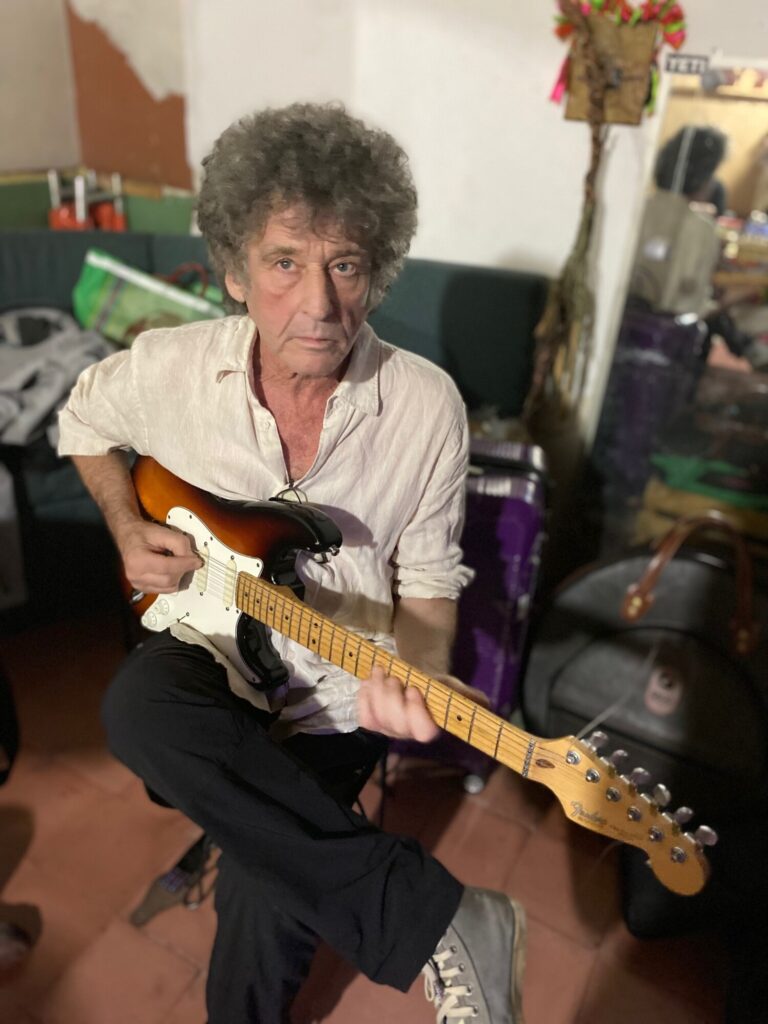
Comets: Where do you see music going now?
RP: Play music for pleasure. Don’t try to live off it. With the coming of AI music, it will become manufacturing and not interesting. You will not see record companies. You will see live music, but the rest will be artificial music. It’s not only bad for music, it’s bad for everything.
As our conversation finished, we talked about the upcoming American tour he is embarking on at the beginning of spring 2025. He expressed excitement about the new places he may be playing. The schedule is still in the works, and details are being ironed out, but it is likely we will meet face-to-face at Zhora Darling in Minneapolis if our show together goes through. Our video call ends, and we wish each other well as his day is heading into evening and mine has just started. The video image cuts out, and I head out through the ice and snow with Heldon’s ‘Le Plan’ blazing on my headphones. The trajectory? Into the desert of the real.
Richard Pinhas Website / Facebook / Instagram / X
Comets Ov Cupid | Interview | New Album, ‘Eros 433’

